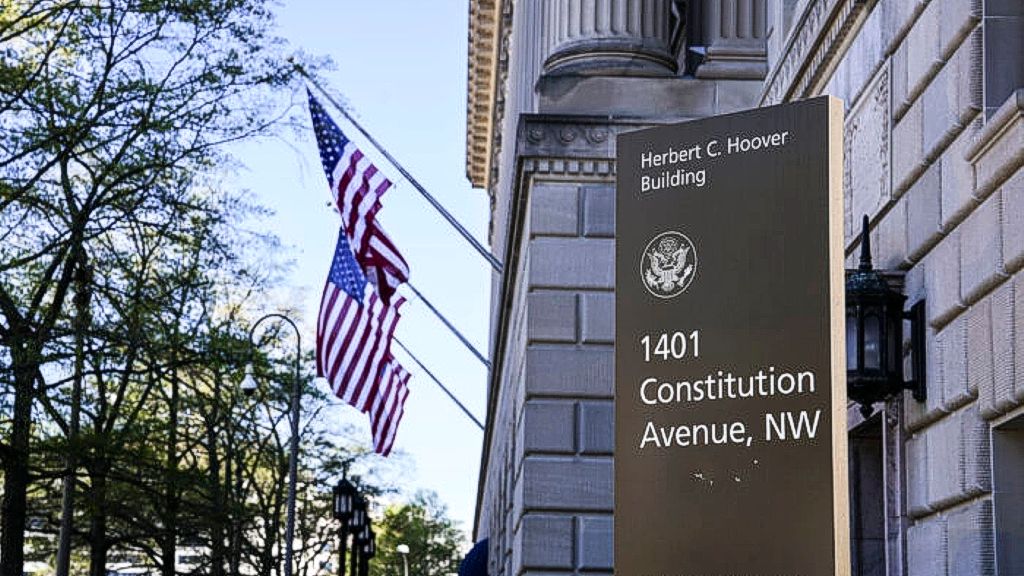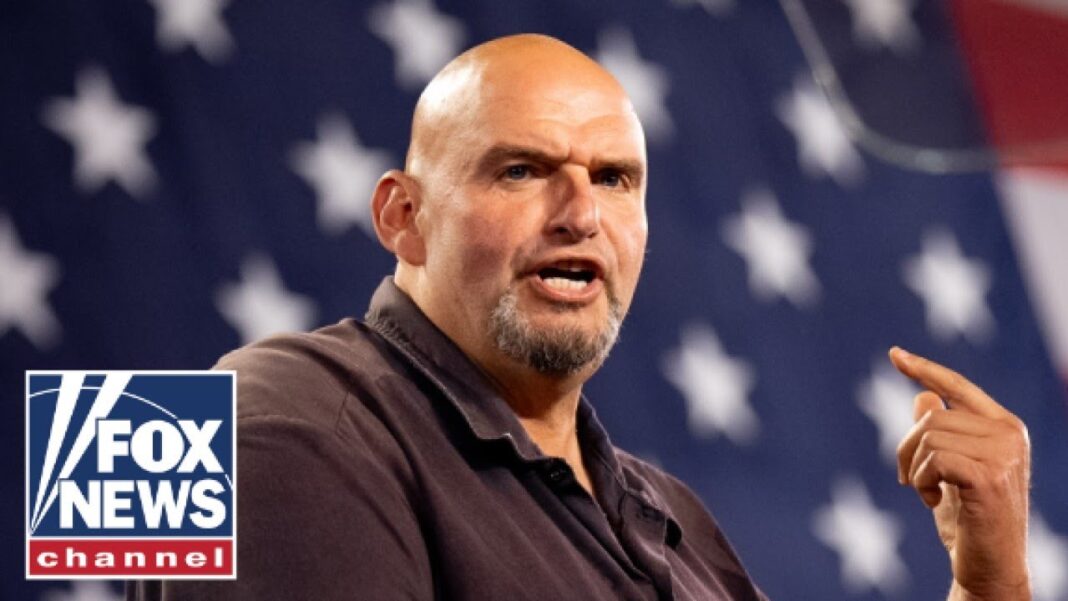The new rule covers subsidiaries that are majority-owned by the listed entity.
The Department of Commerce’s Bureau of Industry and Security said on Sept. 29 it is changing export control rules to automatically cover subsidiaries of companies on the Entity List that are at least 50 percent owned by the listed company.
The change, which goes into effect 60 days after the rule is published in the Federal Register on Sept. 30, tightens a significant loophole that lawmakers and experts have flagged over the past several years.
As strategic competition between the United States and the Chinese communist regime heightened over the past two administrations, both the Trump and Biden administrations have increasingly made use of and expanded export controls on advanced technologies to China, especially those with military applications. Export controls previously only excluded entities that were specifically listed.
Over the years, regulators and policymakers have noted that blacklisted companies often circumvent export controls in various ways, including through middleman shell companies and subsidiaries, particularly in relation to China.
These shell companies are sometimes dissolved once listed, while new ones emerge, resulting in what some experts described as a “whac-a-mole” situation.
“In other words, instead of fixating on whom to bar from the game, authorities should shift their focus toward who gets to play. By so doing, regulators can more effectively limit the avenues available for smuggling,” the Center for Strategic and International Studies said in October 2024.
The new rule automatically includes subsidiaries that are majority-owned by the listed entity, and subsidiaries that have significant minority ownership will be considered a red flag requiring due diligence assessments from exporters.
“For too long, loopholes have enabled exports that undermine American national security and foreign policy interests,” Undersecretary of Commerce for Industry and Security Jeffrey Kessler said on Monday. “Under this Administration, BIS is closing the loopholes and ensuring that export controls work as intended.”
BIS recently closed another loophole aimed at Chinese chip companies by requiring foreign companies to obtain a license to export any technology to China that involves U.S.-made or designed components, including software.
The department noted that, as U.S. companies are already required to obtain such licenses, foreign companies using U.S. technology should not be exempt.








